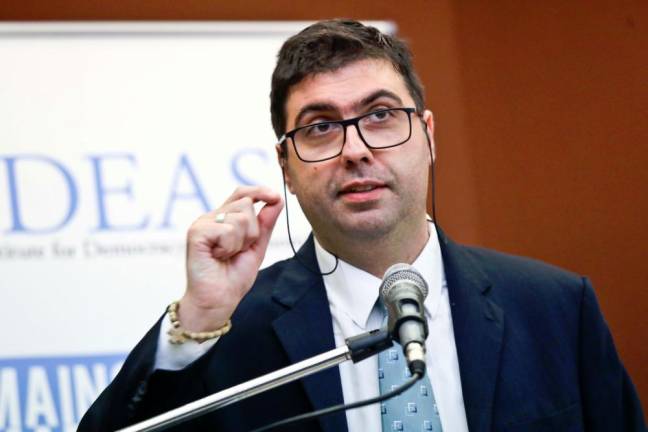
The Perikatan Nasional government needs to reconsider the extension of RMCO till the end of the year due for the sake of the Malaysian economy.
On Thursday, 4th of September, Senior Minister in charge of Security and Defence Minister, Ismail Sabri, had announced that a ban will be extended to 23 countries, that have been designated as a red zone.
Economically speaking, extending the RMCO could be disastrous. Firstly, industries such airlines, hotels and tourism rely heavily on travelers. Airports in Malaysia are on the brink of bankruptcy, many hotels were forced to close down, and Malaysia’s tourism sector has been hit with billion in losses.

Additionally, extending the RMCO also delays investment incentives introduced by PM Muhyiddin Yassin under the PENJANA economic recovery package. Many ongoing foreign direct investment (FDI) projects depend on expats from countries such as the United States, France, Germany, the UK and India which are high FDI countries of destination for investments in Malaysia.
The Center for Market Education (CME) has also weighed in on the matter claiming that the Covid-19 numbers simply do not justify an extension.
CME said the impact on the economy could have far bigger implications for Malaysians with the extension of the RMCO.
“With the end of the loan moratorium and wage subsidies, and with the end of the natural rebound following the reopening of the economy, an economic relapse is very much likely to happen and this will cause a rise in unemployment again,” said CME.

DAP Chief Lim Guan Eng questioned the government’s decision of extending the RMCO but not the loan moratorium, while Bangi Member of Parliament, Ong Kian Ming urged the government to rethink the ban citing both economic and humanitarian reasons.
Ong Kian Ming reiterated that he was not calling for all citizens from these red zones to be allowed to travel to Malaysia but instead calling for the strengthening of Malaysia’s own SOPs if transmissions from countries in ‘red zones’ are a concern.
He also questioned why there had been no official press statement or circular from the Ministry of Foreign Affairs or the National Security Council (NSC) to explain the policies with regard to this blanket ban, more than 2 days after this policy was announced, citing this as proof that the announcement of the blanket ban was not well thought through.



